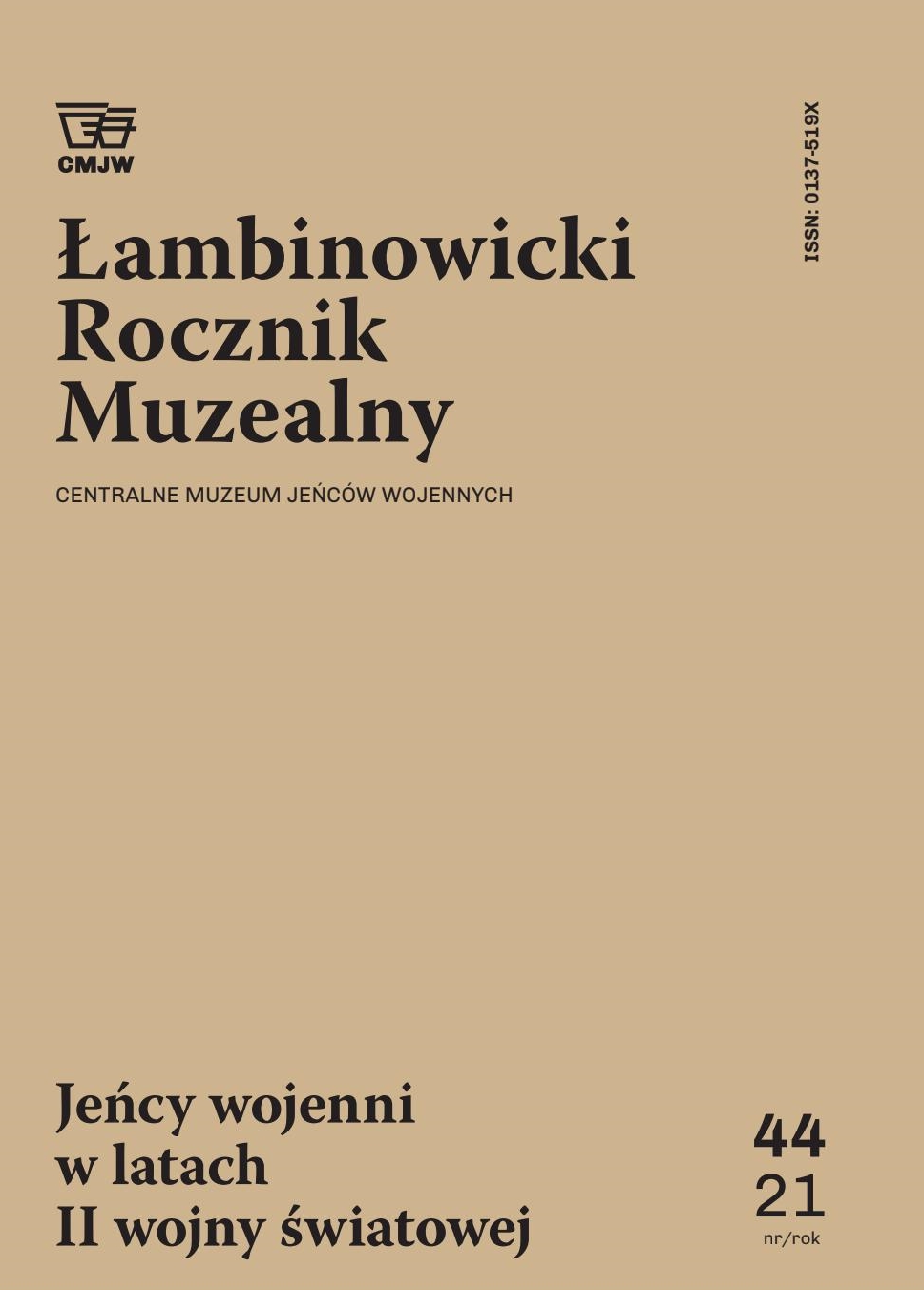Pozostać sobą – rola sportu
w przetrwaniu niewoli
To stay oneself – the role of sport in surviving captivity
Author(s): Anna CzernerSubject(s): Social history, WW II and following years (1940 - 1949), Sports Studies
Published by: Centralne Muzeum Jeńców Wojennych
Keywords: prisoner-of-war sport; social role; personal identity; resistance;
Summary/Abstract: The article makes an attempt at formulating an answer to the question on social functions of sport in POW camps run by the Wehrmacht, which were realized on the group level and – what was also devoted a good deal of attention to – individual ones. Such a distribution of emphases means that in the centre of the analysis there are issues of the social role and personal identity of soldiers who were very often doomed to several years of isolation. Captivity was an a-typical situation, introducing into individuals’ biographies a threat to their identities that had already formed in the pre-war conditions. The identities, especially in the case of soldiers serving in the ranks of officers, as it may be supposed, were marked to a large extent by belonging to this concrete professional group. Therefore, the title question of “staying oneself” to a great degree meant simply “remaining a soldier” – against different forms of oppression written into the Wehrmacht captivity system. Regarding its definition, sport rests on three pillars: autotelicity, selflessness and agonisticity, becoming a plane of transcending multifarious limitations (transgression), cultivating signi- ficant values, social integration of anti-system resistance, which was demonstrated by recalling a few distinctive episodes connected with physical activity. They come mainly from oflags.
Journal: Łambinowicki Rocznik Muzealny
- Issue Year: 2021
- Issue No: 44
- Page Range: 7-22
- Page Count: 16
- Language: Polish

